MRI of the abdominal cavity

specialists

equipment

treatment
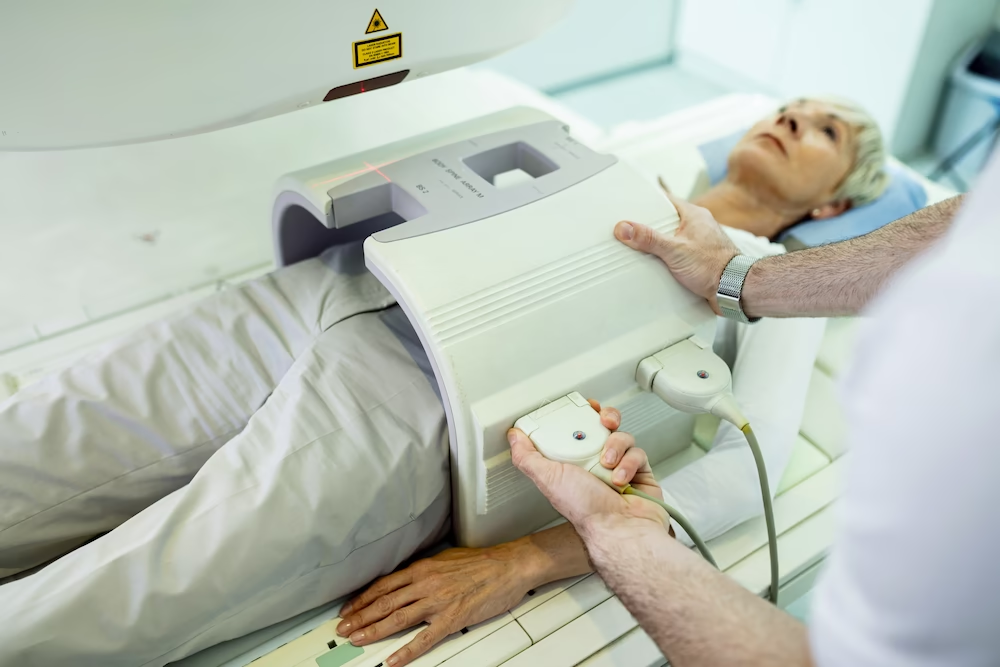
Most pathologies can be asymptomatic.
Magnetic tomography is performed in the following cases:
- “Acute abdomen”
- Pain after eating
- Bruises on the skin
- Weight loss
- Yellow sclera, skin
- Pain in the hypochondrium, nausea and vomiting
- Chronic constipation
- Swelling of the legs, ascites
- Abdominal injuries
MRI of the abdominal cavity can be performed during dynamic monitoring of treatment results, the patient's condition. The study is also performed before surgery to clarify the anatomy of the organ.
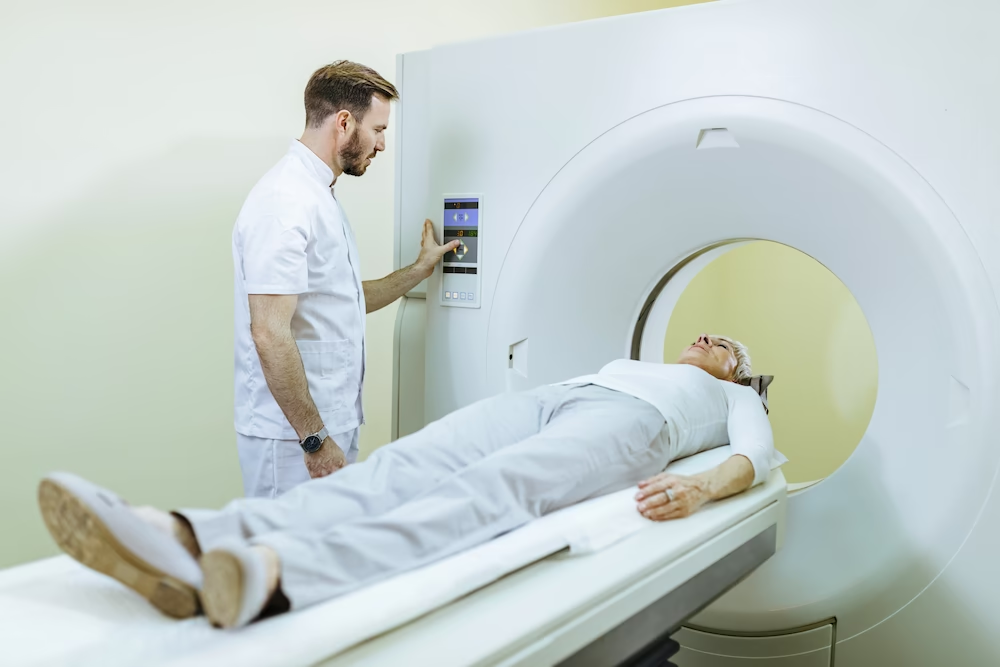
Diagnostics using a magnetic field has limitations. It is necessary to strictly follow these rules in order not to harm the patient's health.
MRI of the retroperitoneal space, abdominal cavity cannot be performed in the following cases:
- The presence of metal implants, braces, fixed dental structures, spokes, metal plates, tattoos with ferromagnetic paints, endoprostheses, pacemakers, insulin pumps
- Poor health
- Pregnancy in the first trimester
- Claustrophobia
- Allergies to contrast
- Severe renal failure
Some of the listed conditions are conditional. They can be stopped before the examination, and diagnostics can then be performed.

This award is given to clinics with the highest ratings according to user ratings, a large number of requests from this site, and in the absence of critical violations.

This award is given to clinics with the highest ratings according to user ratings. It means that the place is known, loved, and definitely worth visiting.

The ProDoctors portal collected 500 thousand reviews, compiled a rating of doctors based on them and awarded the best. We are proud that our doctors are among those awarded.
Make an appointment at a convenient time on the nearest date
Price
Other services







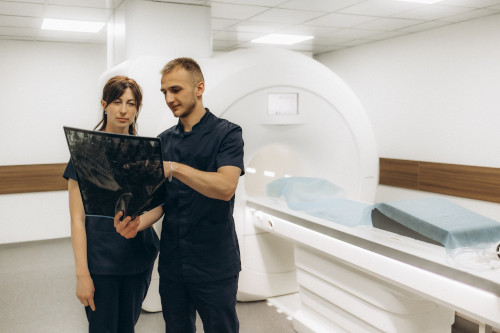
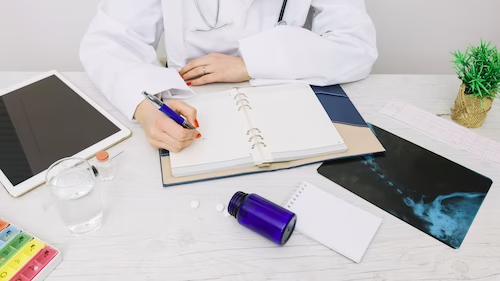




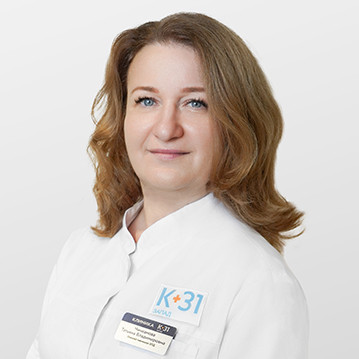









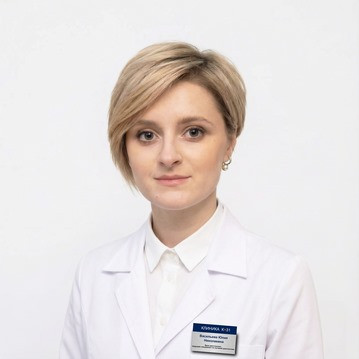








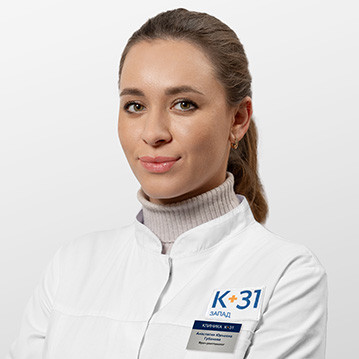








Advantages, types of magnetic tomography
MRI of the abdominal organs visualizes not only the anatomical structures, ducts, and blood flow system, but also the cause of the pathology, the primary focus of the process, the stage, and the nature of pathological changes in the tissues.
Advantages:
Types of magnetic resonance imaging:
When choosing a study with contrast enhancement, the doctor must first do an allergy test and instruct the patient on preparation.